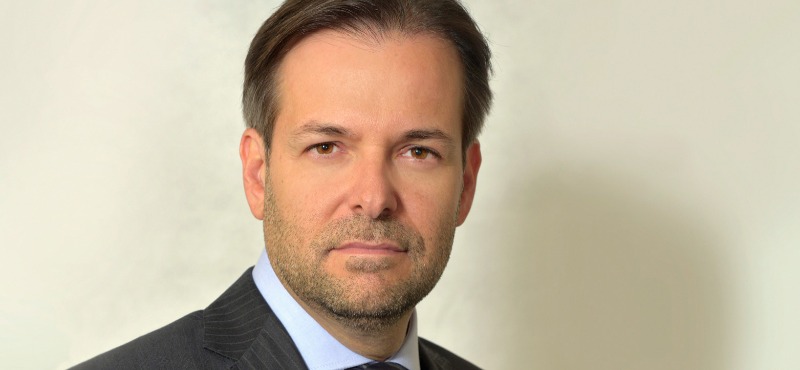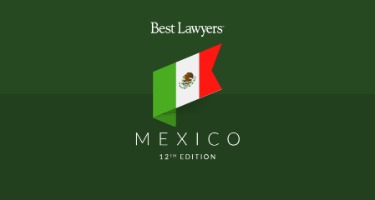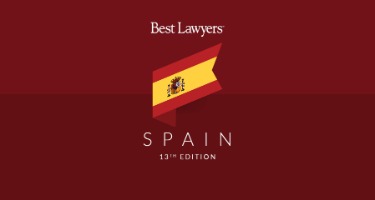An interview with Brazil "Law Firm of the Year" SVMFA's Rogério Miranda.
What qualities does your firm have that you believe led to it being recognized as “Law Firm of the Year” in natural resources law?
The firm’s practical, strategic, and business approach and its in-depth knowledge in natural resources law and long-term dedication to this market over the years have probably led to its recognition as “Law Firm of the Year” in this sector.
How has the firm expanded and improved since splitting from L.O. Baptista?
Since the beginning of 2017, we have been strengthening our structure to assist our clients in our core areas. This has evolved in the development of an international alliance with MC&A, a traditional Portuguese firm that aims at fostering legal service opportunities together, in particular in Mozambique, Angola, Cape Verde, São Tomé and Príncipe, and Guinea-Bissau, all Portuguese speaking countries in Africa, which require natural resources, energy, and infrastructure legal assistance from abroad.
What are some trends you’ve witnessed within the natural resources law sector in the past year?
We have felt an increase in mergers and acquisitions as well as structured financing transactions coming from funds investing in natural resources business opportunities. We believe this trend will follow this coming year due to continuing portfolio reviews and still challenging economic basis in Brazil.
In what ways do you see natural resources law changing in Brazil in the coming years?
There have been important changes in petroleum exploration in Brazil in a governmental effort to attract new foreign investment into the country, which has helped pave the way for more activity during coming years. The other expected change, even more significantly, is in the natural gas sector as the government is poised to enact a new law considered necessary to develop the market further.
Can you describe a landmark case you worked on? In what ways did it resonate throughout Brazil and potentially affect policy?
We assisted a client in the understanding of the conversion of the gas tariff postal model into the entry/exit model within the gas transportation services market, advantages and disadvantages, so as to enable discussions with the regulator in the context of the bill of law currently under discussions in Congress for a new legal framework for the gas industry.

































